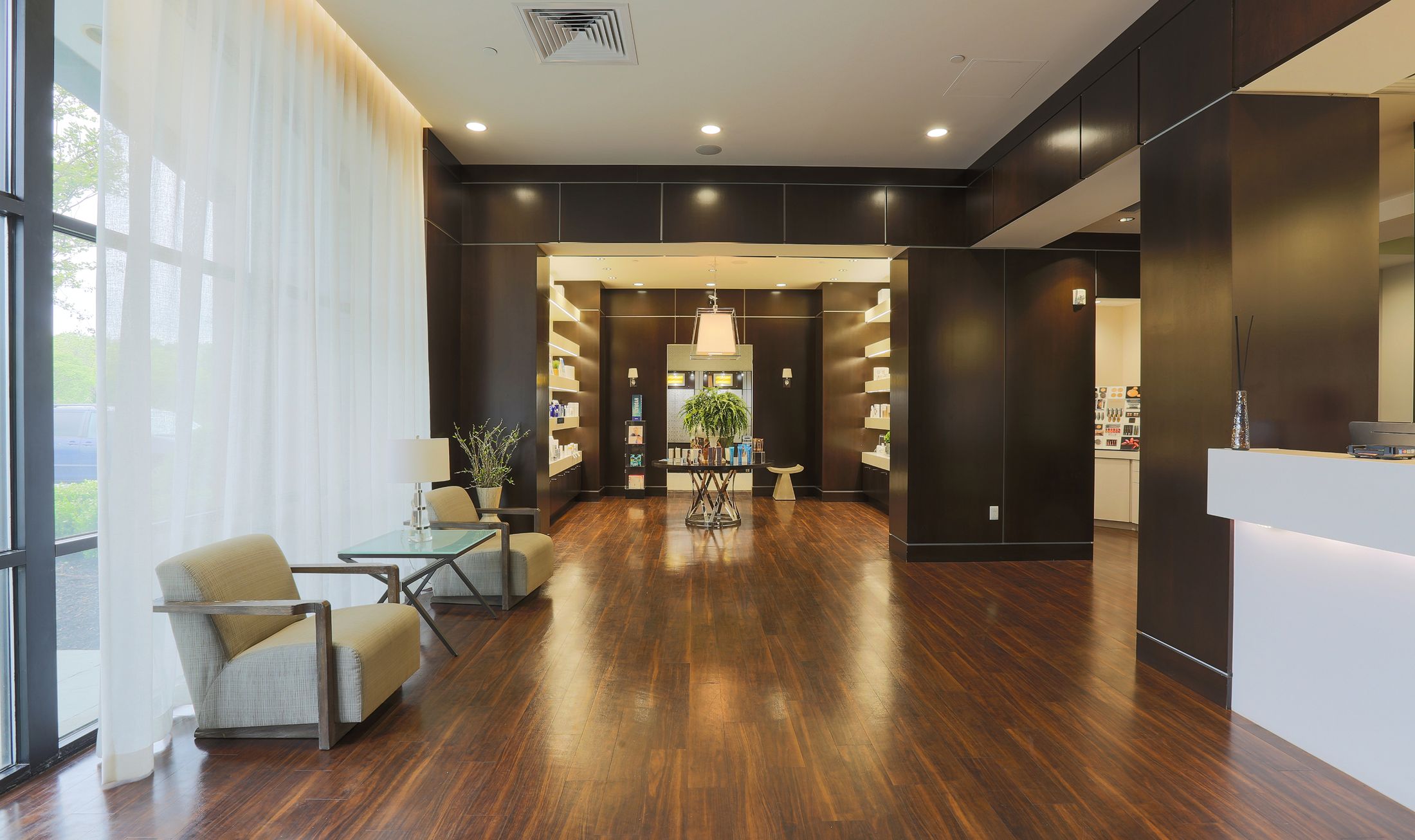
“I’m tired of needing drops all day for my itchy, burning, red, dry eyes; what else can I do?”
Answered by Dr. Richard Adler, Board-Certified Ophthalmologist, Dry Eye Specialist
So glad you asked because there is no need for you to suffer chronic discomfort from Dry Eye, nor any need to be dependent on frequent use of eye drops. There are alternative treatments for relief from your itchy, burning eyes, including one revolutionary solution, IPL Therapy, that can not only relieve your symptoms but can treat the root cause of your Dry Eye condition and improve your overall eye health and vision clarity – with no drops, drugs, discomfort or downtime!
Your symptoms – burning, itchy, redness – are caused by Dry Eye, a condition that occurs when you don’t produce enough quality tears. Tears are critical for maintaining clear vision and healthy eyes. They consist of a complex mixture of water, oils, and mucus that keep the surface of your eyes clean, moist, and clear. When your tears don’t have the right mix of these elements, or you don’t produce enough tears, your eyes will feel dry and irritated, and your risk of infection and cornea scratches increase significantly.
Dry Eye is quite common, with over 5 million Americans affected. Risk factors that can lead to Dry Eye include age, contact lenses, environmental irritants, and certain medications and diseases. Because Dry Eye is so prevalent, there are numerous treatment options available, however, most treatments can be tedious or simply not effective enough to bring adequate relief.
Depending upon the cause and severity of your condition, your ophthalmologist will recommend the right treatment for your unique condition. Mild cases can sometimes be managed with more water and omega-3 fatty acids in your diet, no smoking, less computer screen use, and using warm compresses, humidifiers, artificial tears, medications, and medical implant devices. Unfortunately, these remedies can become inconvenient, bring unwanted side effects, and only help to relieve the symptoms of Dry Eye, but not its root cause. And, since most Dry Eye cases are chronic and progressive, you’ll be periodically increasing your level of treatment intervention for the rest of your life if the root cause is not treated.
The primary cause of Dry Eye is a dysfunction with the meibomian glands, which are responsible for providing the oils that tears need to function properly. When the meibomian glands (located in the eyelids) are damaged, your tears will lack the oils they need to lubricate, clean, and protect the surface of the eyes.
Fortunately, IPL Therapy for Dry Eye provides an innovative approach that not only alleviates the symptoms, it directly treats the primary, underlying cause of the condition. IPL, or Intense Pulsed Light, technology was originally used to improve inflammatory skin conditions, like rosacea. It was discovered as a treatment for Dry Eye when rosacea patients reported improvements in their vision and eye comfort following IPL treatments.
IPL Therapy treats Dry Eye with light energy to heat the problematic meibomian glands to reduce inflammation and unblock any clogs so they can release the oils the eyes need to stay moist, clean, protected and comfortable. The treatments are safe, gentle, quick, with no discomfort and no downtime, and have been proven to be highly effective. After about five sessions (spaced about three to four weeks apart), most patients experience significant relief from their symptoms.
It is extremely important to get the right treatment for your Dry Eye, for if left untreated, it can lead to increasingly severe symptoms, corneal scarring, and even vision loss. But, with the right care, Dry Eye can be treated successfully. I strongly recommend consulting with a qualified Ophthalmologist with extensive knowledge and experience with Dry Eye disease and access to advanced treatment options, such as IPL Therapy, that provide optimal results.
Learn more about Dr. Richard Adler, Board-Certified Ophthalmologist and Belcara Health’s Ophthalmology services.



